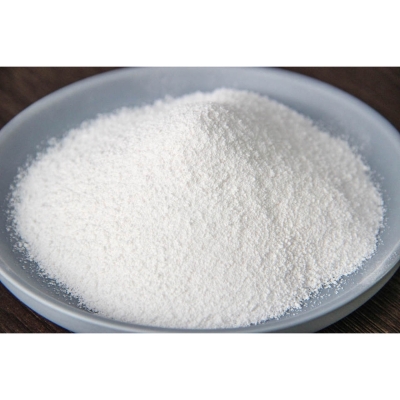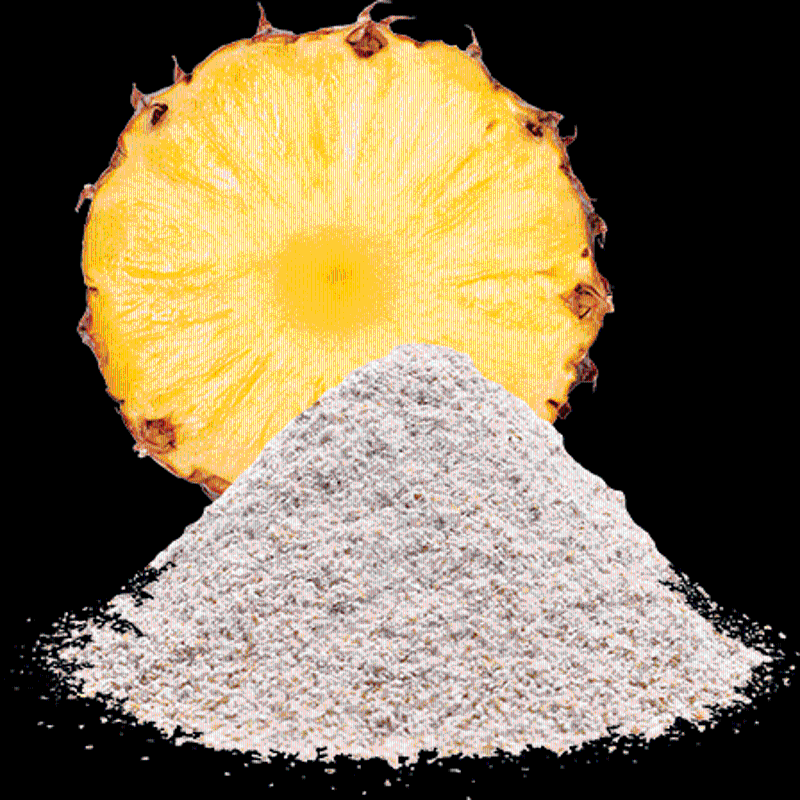-
Categories
-
Pharmaceutical Intermediates
-
Active Pharmaceutical Ingredients
-
Food Additives
- Industrial Coatings
- Agrochemicals
- Dyes and Pigments
- Surfactant
- Flavors and Fragrances
- Chemical Reagents
- Catalyst and Auxiliary
- Natural Products
- Inorganic Chemistry
-
Organic Chemistry
-
Biochemical Engineering
- Analytical Chemistry
-
Cosmetic Ingredient
- Water Treatment Chemical
-
Pharmaceutical Intermediates
Promotion
ECHEMI Mall
Wholesale
Weekly Price
Exhibition
News
-
Trade Service
γ-polyglutamic acid (γ-PGA), also known as natto bacteria gum, polyglutamic acid, is a colorless, odorless, non-toxic, safe, biodegradable, edible molecule
As a polymer biomaterial, γ-PGA has good film-forming properties, biocompatibility, water solubility, degradability, and modifiability, and has a health-care effect on human health, so it is widely used in food, cosmetics, Agriculture, environmental protection, biomedicine and other industries
There are four main preparation methods for γ-PGA: chemical synthesis, extraction, enzymatic conversion and microbial fermentation
In the food industry, γ-PGA is a new healthy food additive
Adding an appropriate amount of γ-PGA to starchy foods can maintain the shape of the food, enhance the texture and prolong the shelf life of the food, and can also change the rheological properties of the gluten protein and improve the water retention capacity of the pasta; in some high-mineral foods Adding an appropriate amount of γ-PGA or its degradation products can promote the absorption of minerals in the small intestine, especially the absorption of calcium in the intestine
At the same time, γ-PGA has a lighter odor than some commonly used antifreeze agents, basically has no effect on the flavor of the food itself, and can also reduce the bitterness of bitter substances such as amino acids, quinine, peptides and caffeine.
As a taste masking agent, γ-PGA can mask most of the bitterness of bitter substances such as amino acids, peptides, minerals, vitamins and caffeine
The frost resistance of γ-PGA is related to its water retention, and its effect is better than commonly used antifreeze agents such as sucrose, sorbose, and glucose, and can effectively prolong the shelf life of food
The use of γ-PGA in refrigerated pasta can effectively reduce the damage to the dough network caused by frozen storage, improve the stability of frozen storage of dough, and improve food quality
Phytate and oxalate in food will form insoluble and non-absorbable complexes with calcium in the intestine, reducing the absorption of calcium in the intestine.
Studies have shown that γ-PGA has the activity of scavenging free radicals and inhibiting hyaluronidase, and has antioxidant and anti-aging effects
(Nisha)
"China Food News" (September 13, 2021, 06 edition)
(Editor-in-charge: Yang Xiaojing)







